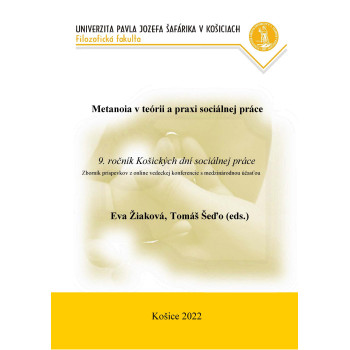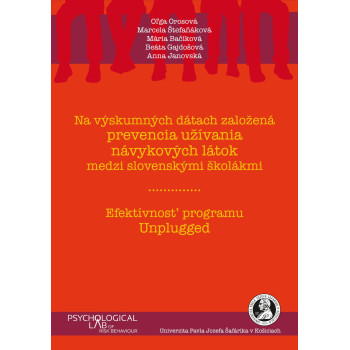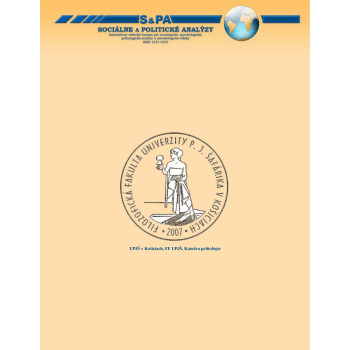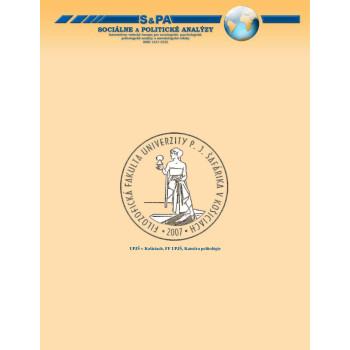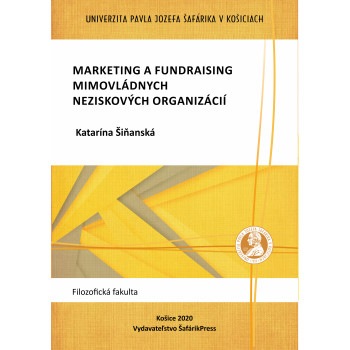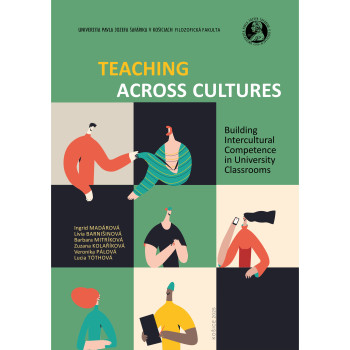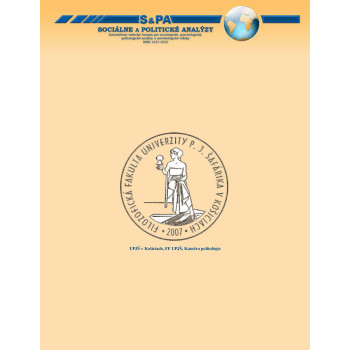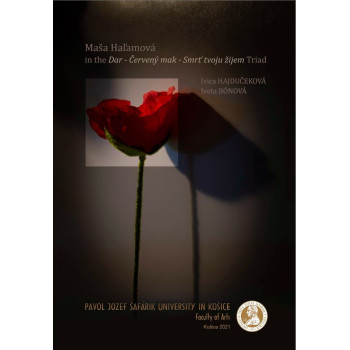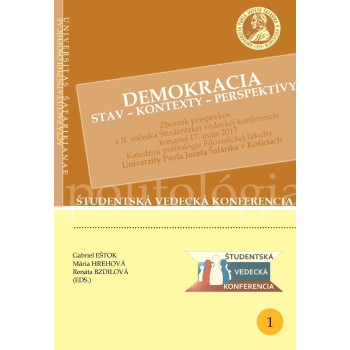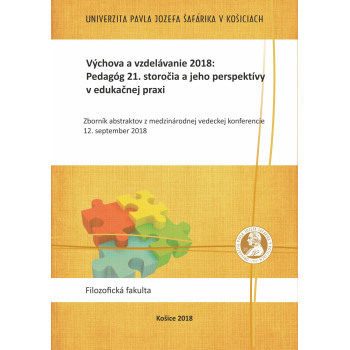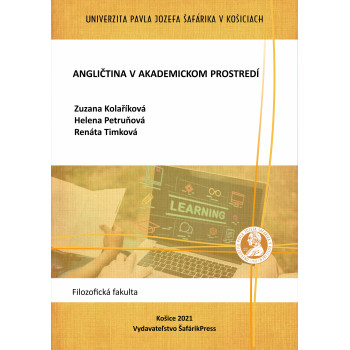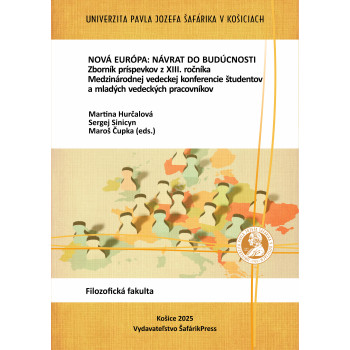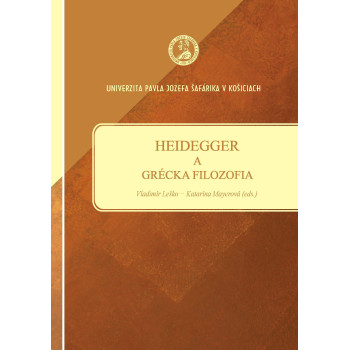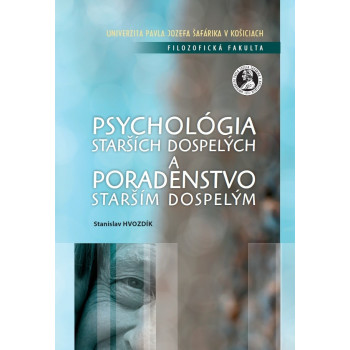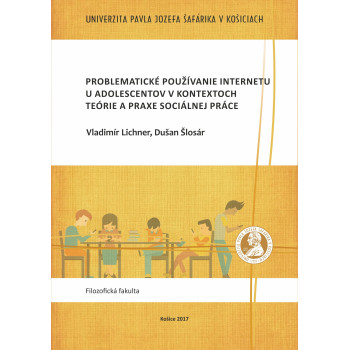
Metanoia v teórii a praxi sociálnej práce
E-book
Eva Žiaková - Tomáš Šeďo (eds.)
Peer-reviewed collection of contributions from an online scientific conference (9th year of Košické dni sociálnej práce) with international attendance held on the 26th of November 2021.
The present peer-reviewed collection of contributions titled “Metanoia in social work theory and practice” is an output of the 9th year of Košické dni sociálnej práce, an online conference with international attendance held on the 26th of November 2021. As the name of the conference implies, the pivotal topic of submitted contributions is metanoia, which represents a change in life attitude. Various interesting and actual issues concerning diverse aspects of social work are discussed in the individual contributions.
The present collection comprises contributions oriented towards the issues of social pathology and its prevention, supervision, the importance of digital technologies in social work, research methods, self-care and so forth. The collection further contains several contributions devoted to the exceptionally actual issues of radicalism and extremism, which are widespread and serious occurrences in the present time. The contributions are highly original and beneficial from the point of view of theoretical conceptions and methodological procedures apart from offering quality empirical processing and interesting results.



